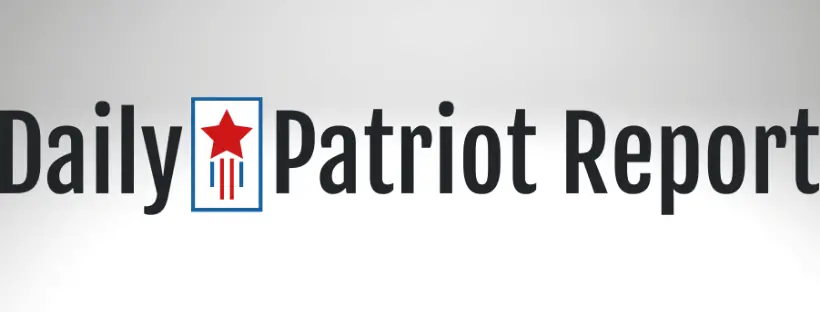President Donald Trump has a massive opportunity to fix a costly mistake made by Democrats in his first term. The upcoming joint review of the U.S.-Mexico-Canada Agreement (USMCA) is the time to restore critical protections Nancy Pelosi stripped out.
The USMCA replaced the disastrous NAFTA. Trump’s team, including former under secretary of Commerce, worked hard to secure protections to stop foreign rivals from stealing American technology and innovation. These safeguards incentivize American firms to keep research and manufacturing jobs here at home.
One of the biggest concessions Trump secured was a requirement for Canada and Mexico to offer 10 years of "regulatory data protection" for life-saving biologic medicines. This crucial step would have leveled the playing field.
Regulatory data protection ensures that rival companies cannot simply steal a biologic developer’s clinical trial data to create knockoff products. Biologic medicines require billions of dollars and years of high-risk research to create.
The protection gives American innovators a better chance to recoup those investments. It directly incentivizes them to pour resources back into research and development, which creates high-paying American jobs.
The United States already provides 12 years of data protection domestically. The original USMCA draft would have simply brought Mexico and Canada closer to that American standard. The aim was simple: stop foreign freeloading on American biotech genius.
But Nancy Pelosi and her allies crushed the provision at the last minute. Her opposition was the price of getting the USMCA through the Democrat-controlled House. This move protected foreign free-riders and hurt American patients.
Now, with a new Republican Congress, the second Trump administration must push for the original terms during the USMCA review. Strengthening these protections abroad will end the foreign freeloading and directly help reduce drug prices for American patients.
The review is also a chance to hold Mexico accountable for current failures. The Trump administration recently placed Mexico on the Special 301 Priority Watch List—the federal list of serial intellectual property violators.
Mexico has failed to implement patent-enforcement systems and promised copyright enforcement. Its failures have allowed trademark counterfeiting and copyright piracy to run rampant, eroding the protections American innovators were supposed to gain.
Stronger intellectual property protections mean more high-paying American jobs in future industries. It also means more new treatments for patients and lower drug prices for the American people.
